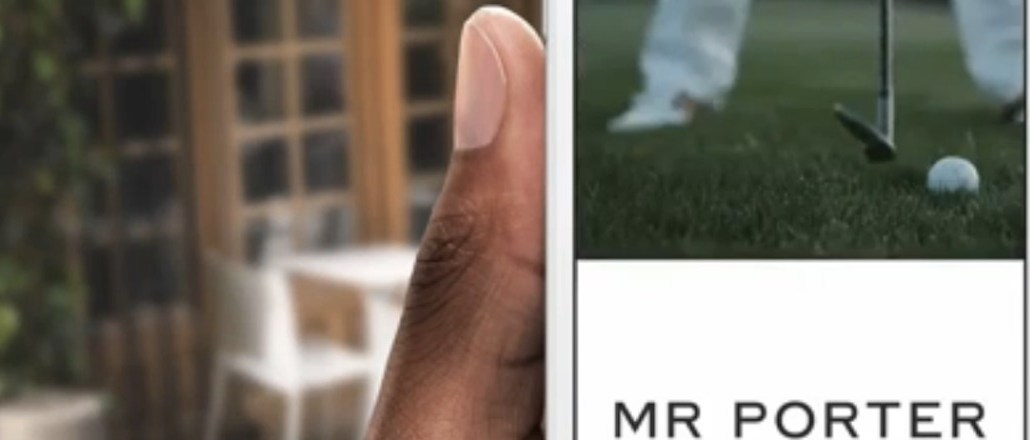Secure your place at the Digiday Media Buying Summit in Nashville, March 2-4
Gatorade, Michael Kors are first to try out Facebook’s new 360-degree ads

Gatorade and Michael Kors are among the first brands to test out Facebook’s 360-degree video unit that it unveiled at Cannes Lions earlier this summer.
Described by the social network as an “immersive experience,” the full screen ad is assembled similar to how Facebook deployed publisher’s Instant Articles in May. The ad canvasses the entire mobile screen with videos and pictures that users navigate using their fingers. Also, the content is housed on Facebook so it loads quicker.
The ads are being rolled out slowly with Michael Kors, Gatorade, Mr. Porter and European retailer Carrefour Spain being the first brands to explore the new format, Ad Age reports.
Here’s what Gatorade’s ad looks like:
The ads, which don’t have an official name yet, have an obvious advantage over sponsored posts and other units on Facebook because they’re more attention-getting. Facebook will likely charge brands more for this high-quality content, Recode notes.
“We look forward to seeing how marketers use this surface to create compelling experiences for people and drive key objectives, including brand affinity and direct response,” Kelly Graziadei, Facebook’s head of ad products, said in a statement.
There’s no timeline as to when Facebook will serve the ads to the public, but if they’re already this far, it’s likely sooner rather than later.
Image courtesy of Facebook.
More in Media

Media Briefing: Publishers explore selling AI visibility know-how to brands
Publishers are seeing an opportunity to sell their AI citation playbooks as a product to brand clients, to monetize their GEO insights.

Creators eye Snapchat as a reliable income alternative to TikTok and YouTube
Figuring out the Snapchat formula has been very lucrative for creators looking for more consistent revenue on a less-saturated platform.

In Graphic Detail: Subscriptions are rising at big news publishers – even as traffic shrinks
Publishers are raising prices, pushing bundles and prioritizing retention to make subscriptions a steady business amid volatile traffic.





